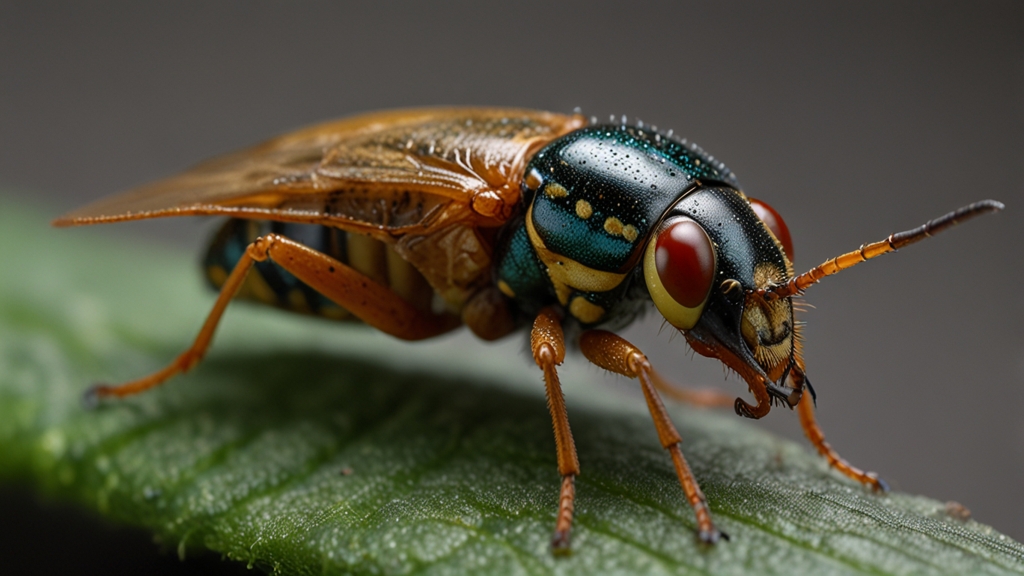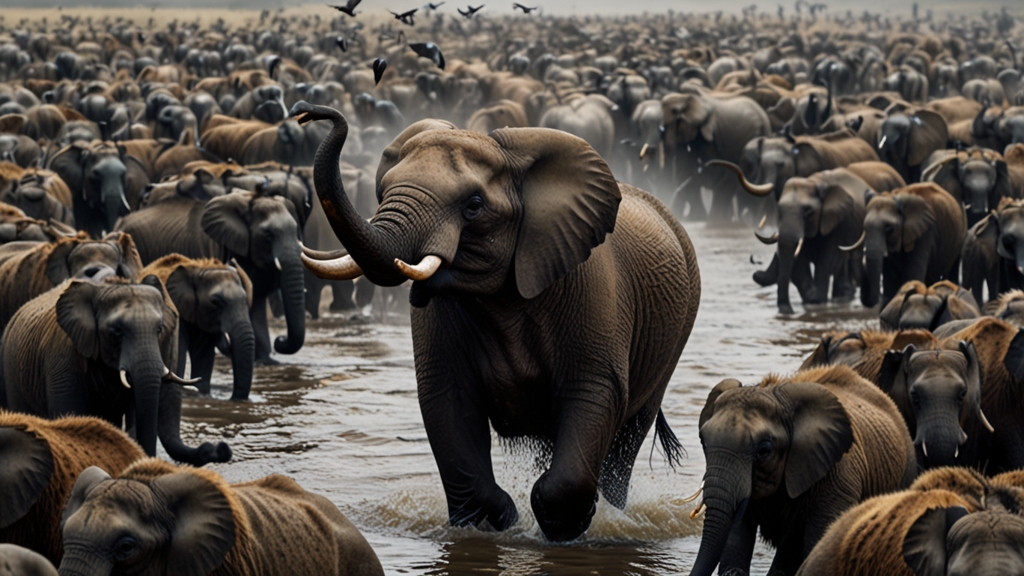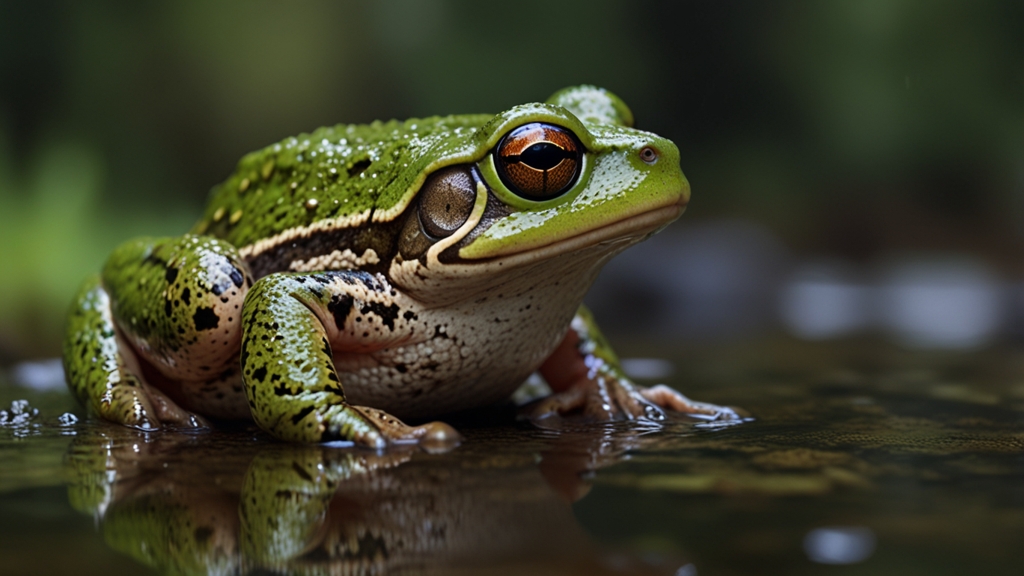The Role of Play in Animal Development and Learning
Play is an essential component of development and learning across the animal kingdom, extending far beyond the simple enjoyment it appears to convey. Researchers have long observed how animals engage in play behavior, and further studies have elucidated its significant role in physical, social, and cognitive development. From the rough-and-tumble antics of lion cubs to the playful antics of dolphins, play is ubiquitous and deeply rooted in the biology of various species.
Physical Development
One of the most readily observable benefits of play is its contribution to physical development. Young animals often engage in activities that help them develop crucial motor skills and physical strength. For instance, kittens and puppies frequently chase, pounce, and wrestle with their littermates, honing their coordination and muscle power.
Such physical play not only prepares animals for the demands of adult life but also enhances their ability to survive in the harsh realities of their respective habitats. Improved agility, increased endurance, and refined motor skills can make the difference in their ability to catch prey or evade predators.
Social Development
Play also plays a pivotal role in social development. Through play, animals learn about social hierarchies, boundaries, and acceptable behavior within their groups. Social play often involves mimicry and role-playing, which can impart crucial lessons about cooperation and competition.
"Play is the foundational way in which animals learn to navigate their social world, just as it is for human children." – Dr. Marc Bekoff, Animal Behaviorist
For instance, when wolf pups play-fight, they are not just burning off energy but are also learning about dominance and submission, helping them to find their place in the pack hierarchy. Similarly, primates like chimpanzees engage in play activities such as chasing and mock-fighting, which help them to develop valuable social bonds and alliances that are critical for their survival and reproduction.
Cognitive Development
The cognitive benefits of play are also profound. Play encourages creativity, problem-solving, and adaptive thinking. By engaging in playful activities, animals can develop cognitive flexibility and learn to navigate complex environments with higher efficiency.
"Play is training for the unexpected." – Biologist Marc Bekoff
Consider the example of juvenile crows, which are known for their extraordinary intelligence. These birds often use play to experiment with objects, explore cause-and-effect relationships, and develop innovative ways to solve challenges. Such cognitive enrichment is crucial for species that rely heavily on problem-solving skills for survival.
Emotional Benefits
Besides the aforementioned developmental aspects, play provides significant emotional advantages. Animals that engage in regular play display reduced stress levels and greater overall well-being. Play stimulates the release of endorphins and other feel-good chemicals that promote emotional stability.
In many species, play has been observed to strengthen social bonds and promote group cohesion. For instance, elephants engage in trunk-swinging and mock-chasing games that contribute to their strong family ties. These emotional bonds can play a crucial role during times of adversity, such as droughts or threats from predators.
Play and Anthropomorphism
It is essential to note that while we recognize the multifaceted benefits of play, we should be cautious with anthropomorphizing animal behaviors. What appears as 'fun' to human observers might have underlying evolutionary advantages specific to the species in question.
Researchers acknowledge that while the outward manifestations of play can seem similar to human play, the intentions and benefits behind these actions are often intricately linked to species-specific survival strategies.
Conclusion
In summary, play is far more than a frivolous pastime for animals. It serves as a robust mechanism for physical, social, cognitive, and emotional development. Understanding the comprehensive role of play can deepen our appreciation of animal behavior and contribute to more informed conservation and welfare practices. As research continues to uncover the layers of complexity within animal play, it becomes increasingly clear that these seemingly simple activities are vital components of life's grand tapestry.









